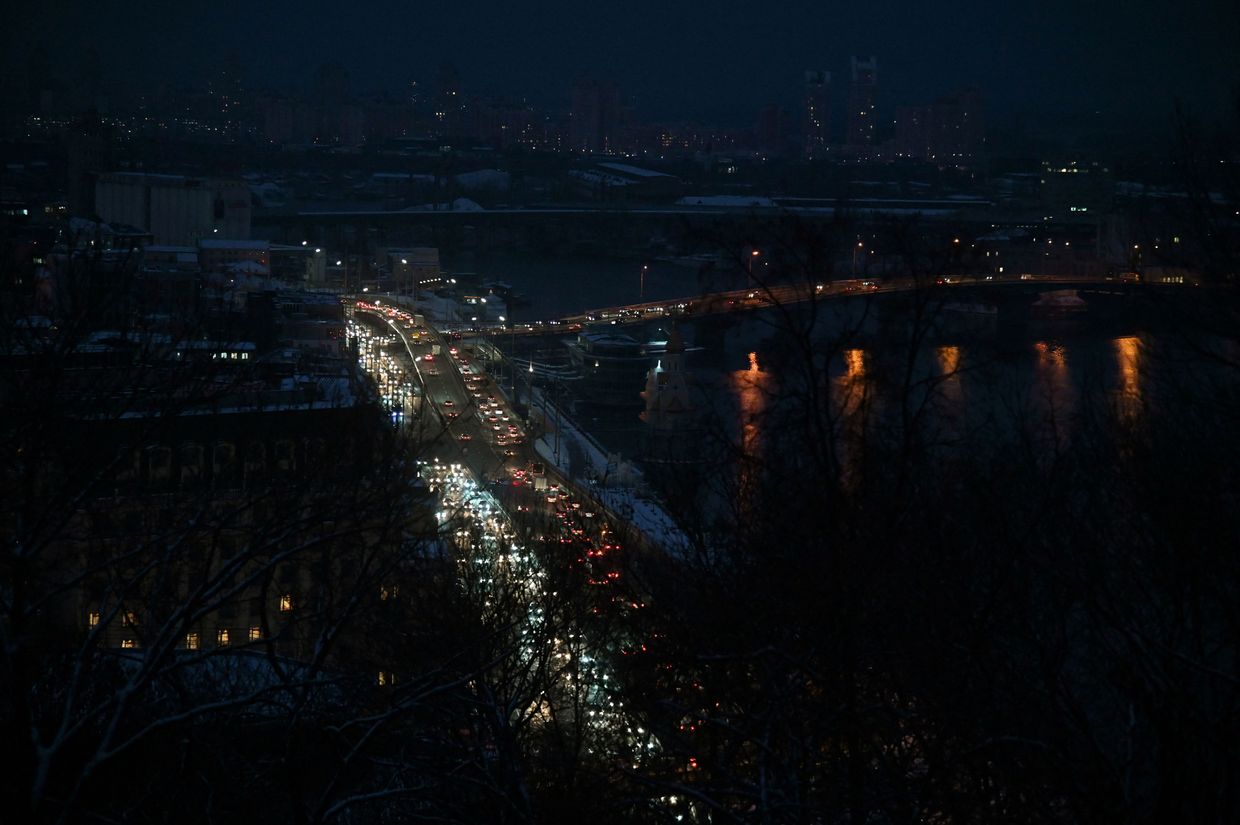Energy situation should improve after July 20, Shmyhal says

The energy situation in Ukraine should improve after July 20 as the government works to decentralize energy production, Prime Minister Denys Shmyhal said on July 14.
The government has been providing support to a wide spectrum of consumers, ranging from individual households to businesses, to facilitate additional energy generation, Shmyhal said.
The government is utilizing alternate forms of energy, including solar panels and wind turbines, as well as disbursing grants and preferential loans.
In recent months, Russia has intensified its attacks against Ukraine's critical infrastructure in a renewed assault against the country's energy grid.
Due to dwindling energy supplies caused by Russian attacks, Ukraine's largest privately-owned energy provider, DTEK, has warned that Ukrainians may only have electricity for 6-7 hours per day in the upcoming winter.
In a "worst-case" scenario in which Ukraine is unable to repair damaged energy facilities and prevent future attacks, Ukrainians could experience up to 20 hours of blackouts a day, DTEK Executive Director Dmytro Sakharuk told the Kyiv Independent in an interview in June.














